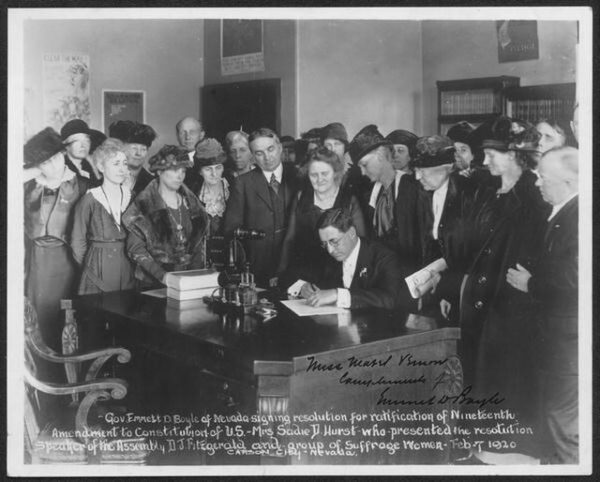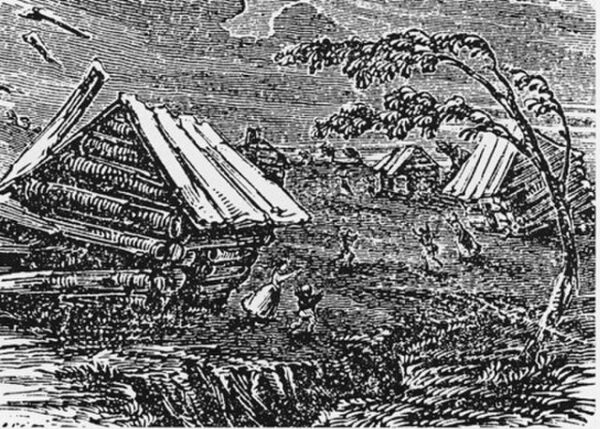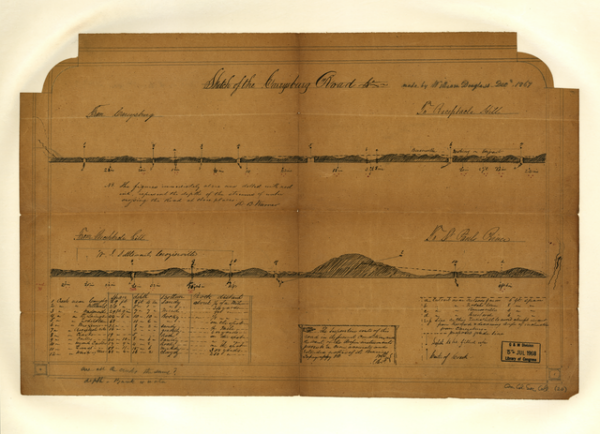The journey to securing women’s right to vote in the United States reached its defining moment on August 18, 1920. On this historic day, the Nineteenth Amendment to the U.S. Constitution was officially ratified, granting American women the legal right to participate in the democratic process. But this milestone was no overnight success—it was the culmination of nearly a century of relentless advocacy, courageous protests, and unwavering commitment from generations of suffragists.
1920—the Nineteenth Amendment ratified women secure the right to vote—that headline wasn’t just about a law. It symbolized a massive societal shift, one that reshaped the political landscape and gave millions a voice that had long been denied.
This transformative amendment was born from a movement that took root as early as the mid-1800s. It blossomed with resilience at pivotal moments like the 1848 Seneca Falls Convention, where iconic reformers such as Elizabeth Cady Stanton and Lucretia Mott demanded equal rights in their “Declaration of Sentiments.” With echoes of the Declaration of Independence, they boldly proclaimed that all men and women are created equal.
Following in their footsteps, influential leaders like Susan B. Anthony, Carrie Chapman Catt, and Alice Paul spent decades fighting for women’s suffrage. Their battle was often met with ridicule and fierce political opposition, yet their determination never wavered. They lobbied at every level—locally, statewide, and nationally—against seemingly immovable resistance.
The Western frontier led the way in breaking new ground. In 1869, Wyoming became the first territory to grant women full voting rights, followed by other states like Colorado and Idaho. These regional victories created essential momentum, proving that change was both possible and popular.
By the early 20th century, the suffrage movement diversified and intensified. Two leading strategies emerged: NAWSA’s methodical state-by-state approach and the National Woman’s Party’s bold, confrontational tactics. While one group worked through lobbying and legislation, the other organized marches, protests, and hunger strikes—sometimes facing imprisonment for their civil disobedience.
The tides began to shift dramatically during World War I. As American men went to war, women stepped into critical roles across industries, proving their indispensable value to the nation’s success. Their contributions highlighted the hypocrisy of fighting for democracy abroad while denying it to women at home. Recognizing this, President Woodrow Wilson shifted his stance, framing suffrage as a patriotic duty and declaring it vital to the war effort.
By June 1919, Congress passed the suffrage amendment and forwarded it to the states. Over the next year, the nation watched anxiously as state legislatures debated its future. Everything hinged on Tennessee, where the deciding vote came from a young legislator, Harry T. Burn, persuaded by a heartfelt letter from his mother. His single vote tipped the balance on August 18, 1920.
The Nineteenth Amendment reads simply yet profoundly:
“The right of citizens of the United States to vote shall not be denied or abridged…on account of sex.”
With those words, more than 26 million American women were officially enfranchised. That same year, women across the country cast their ballots in the 1920 presidential election, making history.
However, the fight for full equality didn’t end there. Many women of color, particularly in the South, continued to face systemic voter suppression through Jim Crow laws, poll taxes, and literacy tests. Native American women, too, had to wait until 1924 to gain citizenship and voting rights.
Still, the ratification of the Nineteenth Amendment was a turning point—cementing women’s political agency in the Constitution and reaffirming that democracy could not be truly representative without them.
Today, this hard-won victory stands as a powerful symbol of civic perseverance. The movement behind it was driven by countless unsung heroes—mothers, daughters, teachers, workers—who refused to be silenced. They marched, protested, and pushed forward, even when the odds were stacked against them.
As we commemorate the passage of the Nineteenth Amendment, we honor not just the legal achievement but the indomitable spirit of the women who made it possible.






